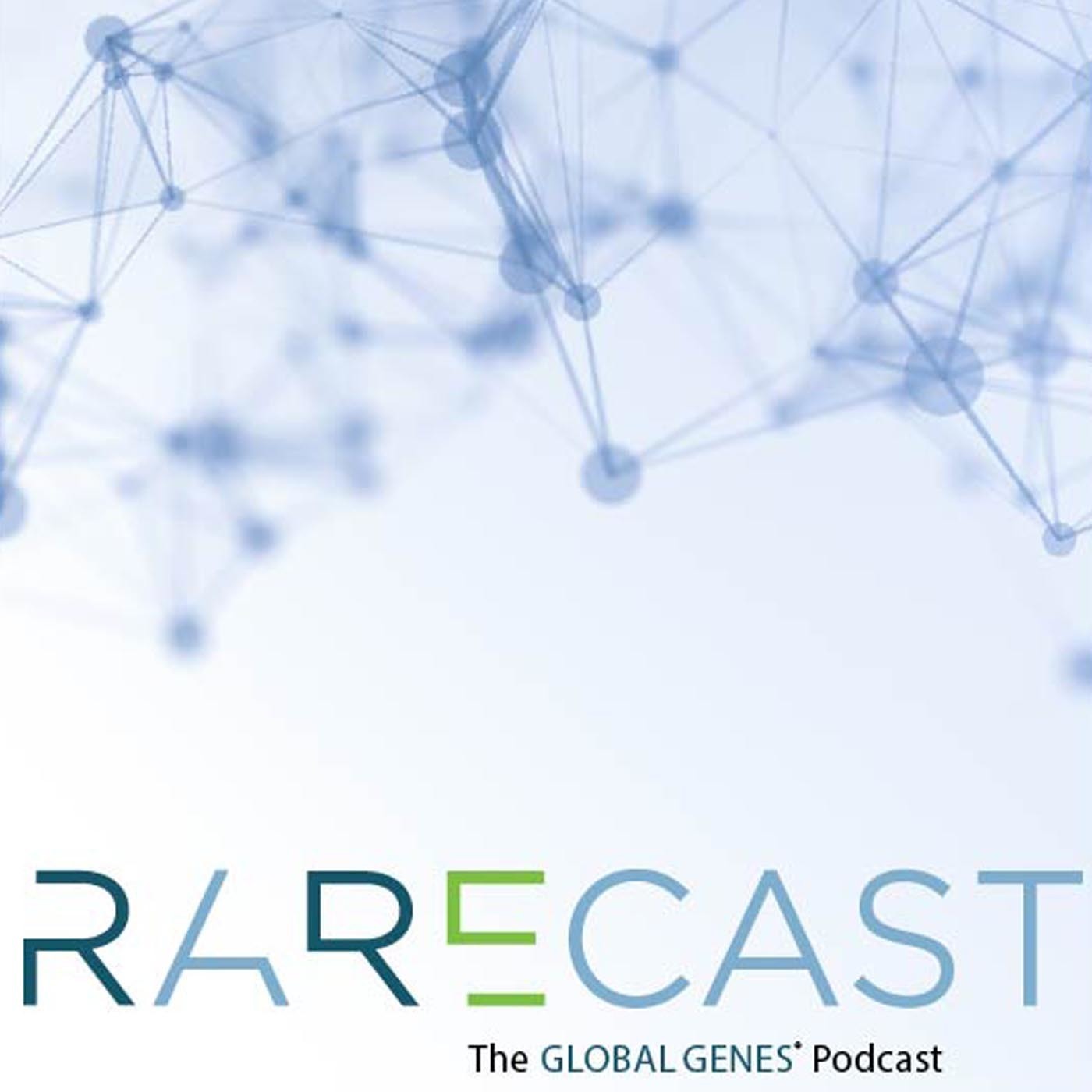478 episodes
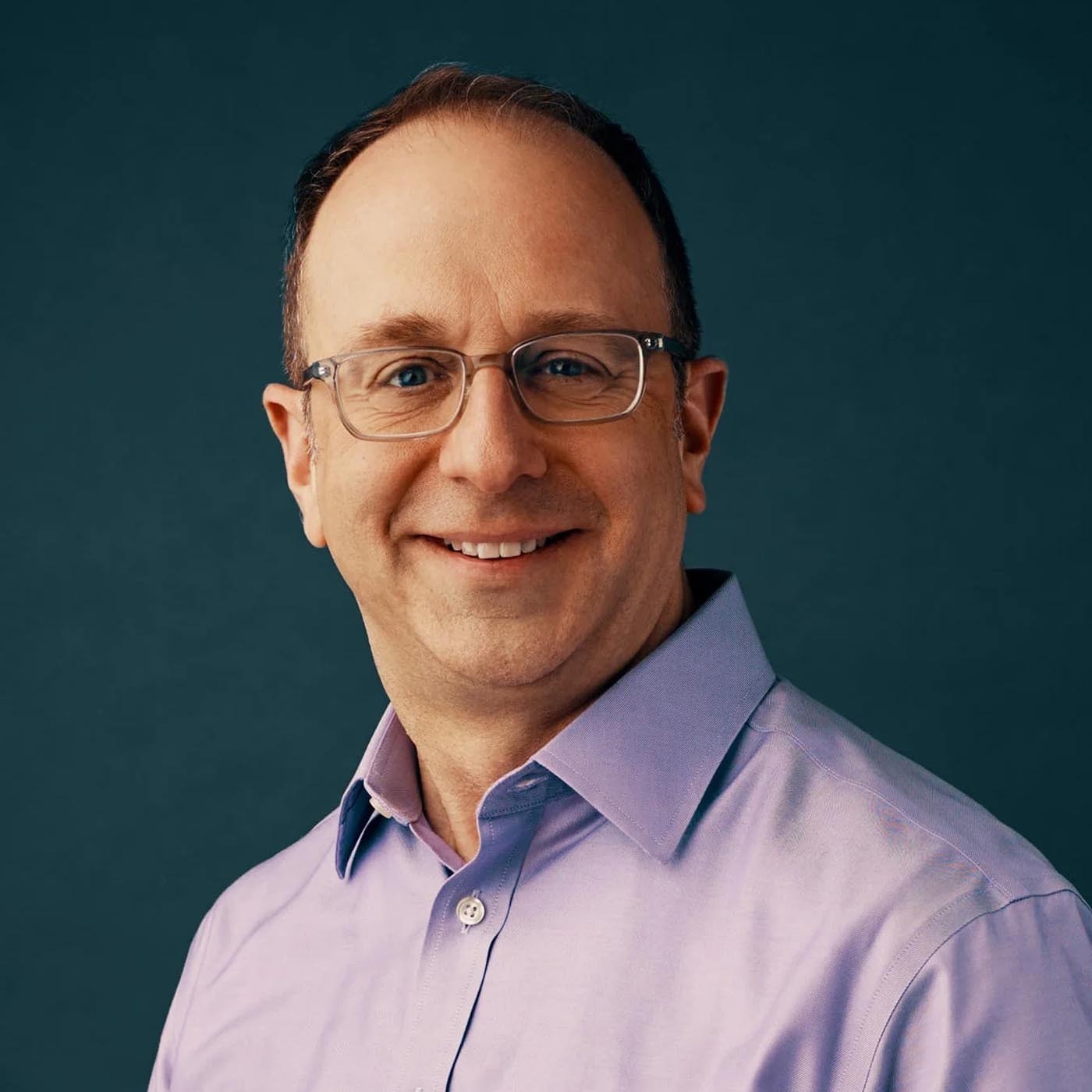

Because of the rarity of childhood cancers, biopharmaceutical companies often don’t pursue therapies to treat these conditions. The problem is that precision therapies developed to treat adult patients often don’t easily translate into treatments for pediatric patients. Day One Biopharmaceuticals is developing targeted therapies to address childhood cancers and then seeks to partner with larger pharmaceutical companies who may be interested in developing them for adult indications. We spoke to Samuel Blackman, head of research and development for Day One Biopharmaceuticals, about childhood cancers, the need for precisions therapies, and Day One’s business model that makes targeting childhood cancers a priority.


RNA editing provides a way to address disease-causing mutations and modulate protein function. Korro Bio has developed platform technology that it says solves many of the challenges facing current gene therapy and gene editing approaches by harnessing the body’s natural RNA editing machinery to make precise, single-base RNA edits. We spoke to Ram Aiyar, president and CEO of Korro Bio, about the company’s RNA editing platform technology, how it works, and its initial focus on applying its approach to treat a rare liver disease.
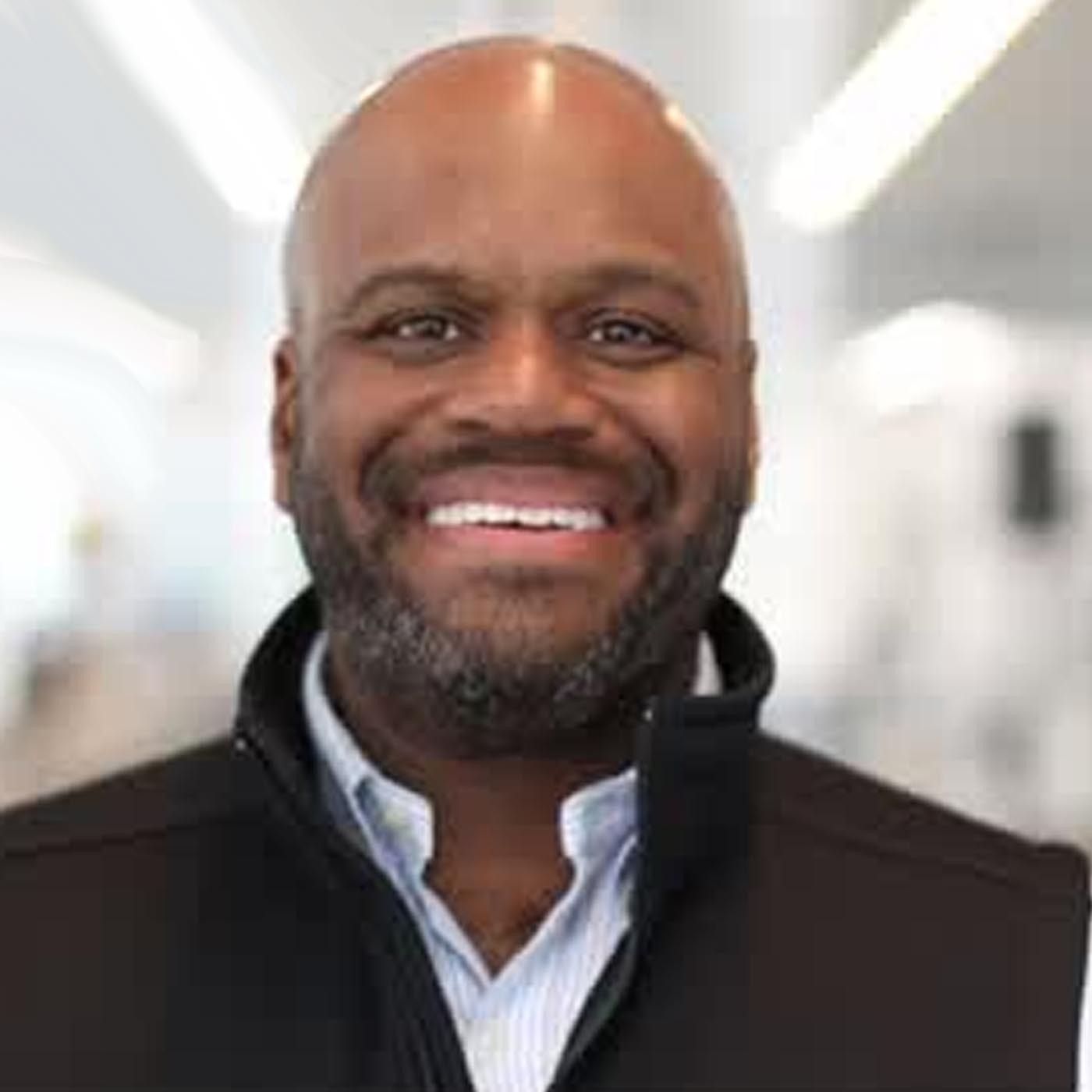

Friedreich’s ataxia is a rare, genetic, degenerative disorder that affects multiple systems in the body. As the disease progresses, patients typically experience various heart conditions. Hypertrophic cardiomyopathy, fibrosis, heart failure, and arrhythmias are the cause of death in approximately two-thirds of Friedreich’s ataxia patients. Lexeo Therapeutics is developing a gene therapy to treat FA cardiomyopathy. We spoke to R. Nolan Townsend, CEO of Lexeo Therapeutics, about Friedreich’s ataxia, the company’s gene therapy in development, and its pursuit of gene therapies for both rare and common diseases.


Primary ciliary dyskinesia is a rare, genetic disease that arises from structural defects or the absence of the cilia lining of respiratory tract. This leads to mucus littered with trapped microbes, dust, and other debris getting caught in the airways, which can lead to permanent lung damage. Ethris is developing an inhaled mRNA therapy to get the body to produce a needed structural protein to restore normal cilia structure and function. We spoke to Thomas Langenickel, chief medical officer of Ethris, about how the company’s technology overcomes existing challenges for the therapeutic use of mRNA, its ability to deliver treatments directly to the lung, and its pipeline of therapies in development.


Genome editing technologies are rapidly evolving, but existing approaches have limited capabilities. Tome Biosciences, which emerged from stealth in December 2023, said its programmable genomic integration technology enables the insertion of any genetic sequence of any size at any location in the genome with precision. The technology overcomes barriers in existing approaches and can enable the development of a single therapy for a monogenic disease across a wide range of variants. We spoke to Rahul Kakkar, president and CEO of Tome, about the company’s genome editing technology, how it works, and its potential to change what is possible with gene and cell therapies.


Despite existing laws and regulations intended to protect the rights of people with disabilities to fly on airlines, travelers with wheelchairs and medical equipment face obstacles to enjoying the freedom of movement others take for granted. Neglectful handling of equipment, lack of training, and failure to adequately accommodate these travelers have led to a public call for airlines to do more to recognize the rights of people with disabilities. We spoke to Global Genes’ Director of Community Engagement Daniel DeFabio and Founder and President of The Jansen’s Foundation Neena Nizar, about the challenges disabled airline passengers face, what the law says, and why this is a civil rights issue.


Key opinion leader and digital opinion leaders, terms the bioharmaceutical industry uses to identify influencers, play a critical communications role. They not only can help raise awareness and drive acceptance of innovative products, but also serve as a conduit to help inform companies about what matters to patients and doctors, give insights on clinical trial design and site selection, and help recruit patients for studies. Adnexi identifies and scores KOLs and DOLs in specific areas to help biopharmaceutical companies identify the critical influencers they need to seek out. We spoke to Sandra Shpilberg, co-founder and CEO of Adnexi, about the role KOLs and DOLs play, how Adnexi identifies and measures their influence, and what companies need to consider when engaging them.


Despite the prevalence of cancer, the vast majority of known cancers are rare and face the same type of treatment challenges as other rare diseases. David Hysong was diagnosed at the age of 27 with adenoid cystic carcinoma, a rare head and neck cancer, and that set him on the path to address the needs he saw in patients with these diseases. Hysong, founder and CEO of Shepherd Therapeutics, discusses his company’s use of AI to analyze individual patient’s tumor RNA, its efforts to match rare cancer patients to their best therapeutic options, and how it is using data captured from the transcriptome to develop new therapies for people with rare cancers.


Hemolytic disease of the fetus and newborn is a rare autoantibody condition for which there is no approved therapy. It causes the mother’s immune system to attack and breakdown the red blood cells in her fetus or newborn. It is one of more than 10 immunological and neurological indications for which Johnson & Johnson is developing its experimental monoclonal antibody nipocalimab. We spoke to Katie Abouzahr, vice president of the autoantibody portfolio and maternal fetal disease area leader for Johnson and Johnson, about hemolytic disease of the fetus and newborn, the challenges of developing a therapy for a rare condition in pregnant women, and why nipocalimab has the potential to be a pipeline in a product.
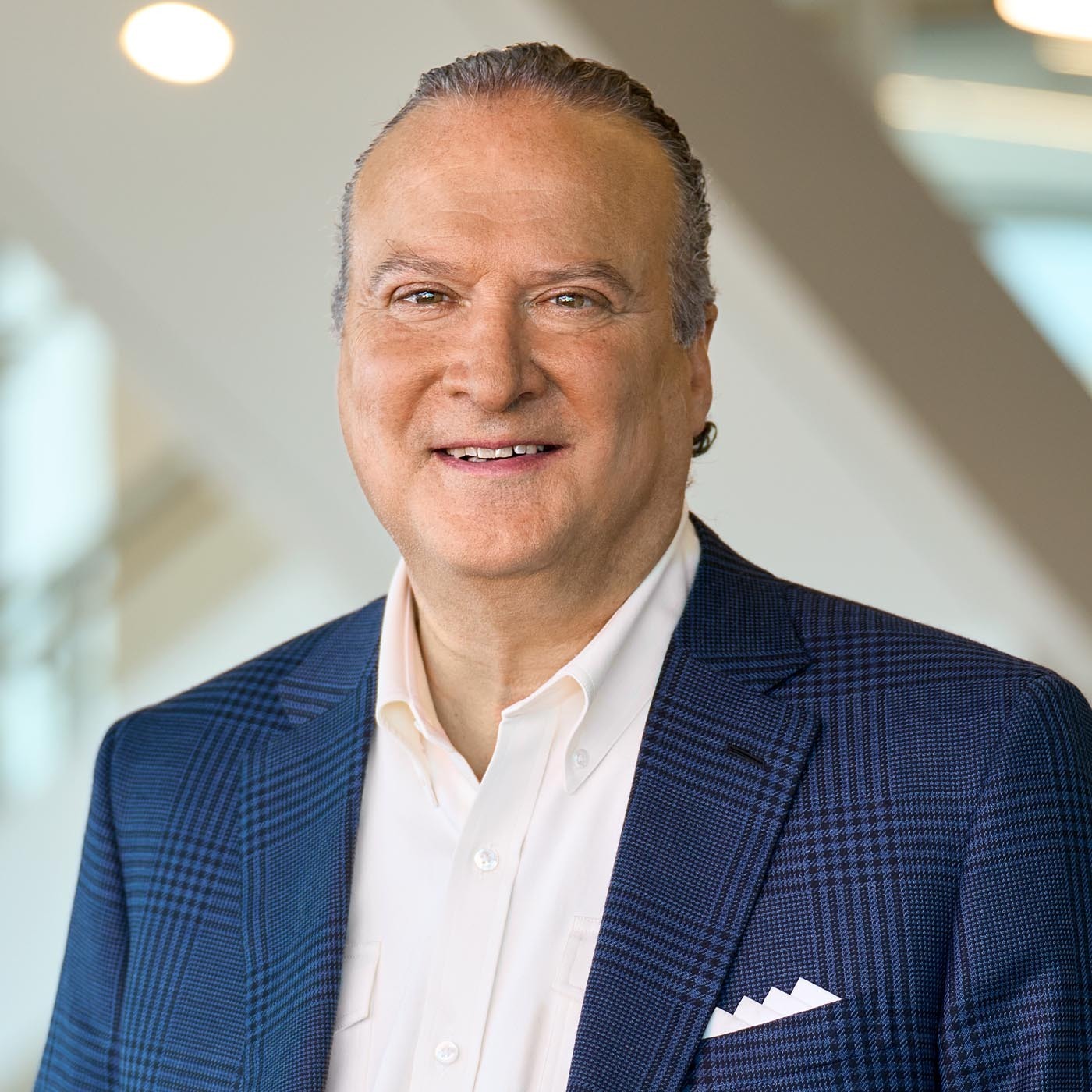

Hypertrophic cardiomyopathy is a rare, genetic heart condition that has a disproportionate impact on people in the Black community because of socio-economic and access issues. Cytonkinetics' experimental therapy aficamten is in late-stage development to treat the condition, but it also reflects a long-term focus of the company to address health inequities. We spoke to Robert Blum, CEO of Cytokinetics, about hypertrophic cardiomyopathy, how the company has worked to build relationships in the black community to expand participation in clinical trials, and how it is thinking ahead to issues of access and affordability as it advances the drug towards the market.
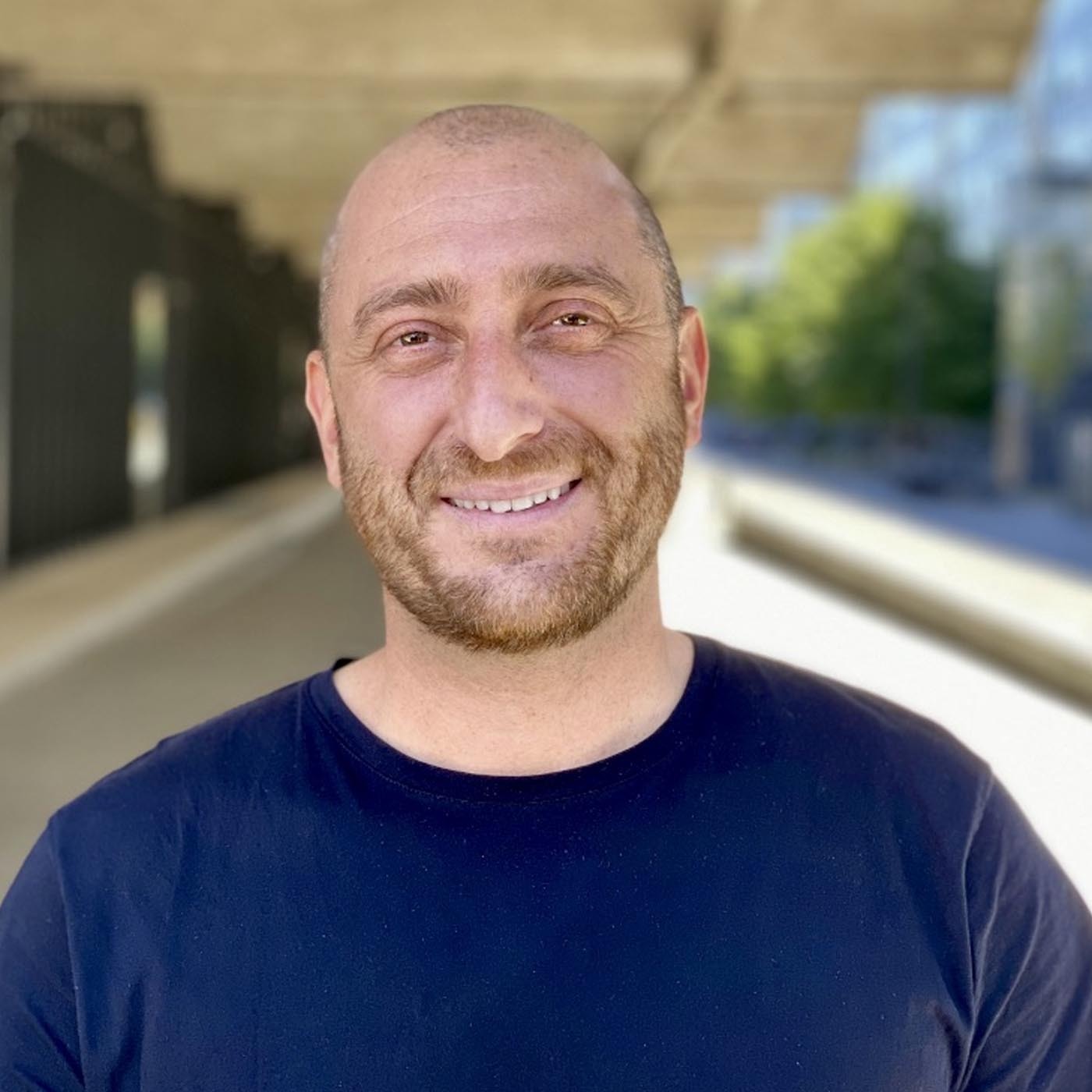

The advent of genetic medicines is enabling the development of therapies that can repair or replace a faulty genetic sequence underlying a disease. WhiteLab Genomics has developed an AI-based platform to enable target discovery and design of DNA and RNA therapies in silico and shorten development times. We spoke to David Del Bourgo, CEO of WhiteLab Genomics, about its AI-platform technology, the data it uses, and its role in a consortium to develop highly specific vectors for genetic medicines.


Though many drug developers today are applying artificial intelligence and machine learning to accelerate and improve drug discovery, the results they produce, in part, may be limited to the quality of the data they are able to use. Nobias Therapeutics is not only using public and private data, but it boasts unique and proprietary access to one of the world’s largest and most diverse pediatric genomic data sets to drive insights into human biology. The company’s lead experimental therapy is a treatment for the rare condition 22q11.2 deletion syndrome, which is associated with a range of neuropsychiatric conditions. We spoke to Neil Inala, CEO of Nobias Therapeutics, about how AI is transforming drug discovery, the data Nobias is able to use to fuel its drug discovery, and the company’s experimental therapy for the neuropsychiatric conditions associated with 22q11.2 deletion syndrome.
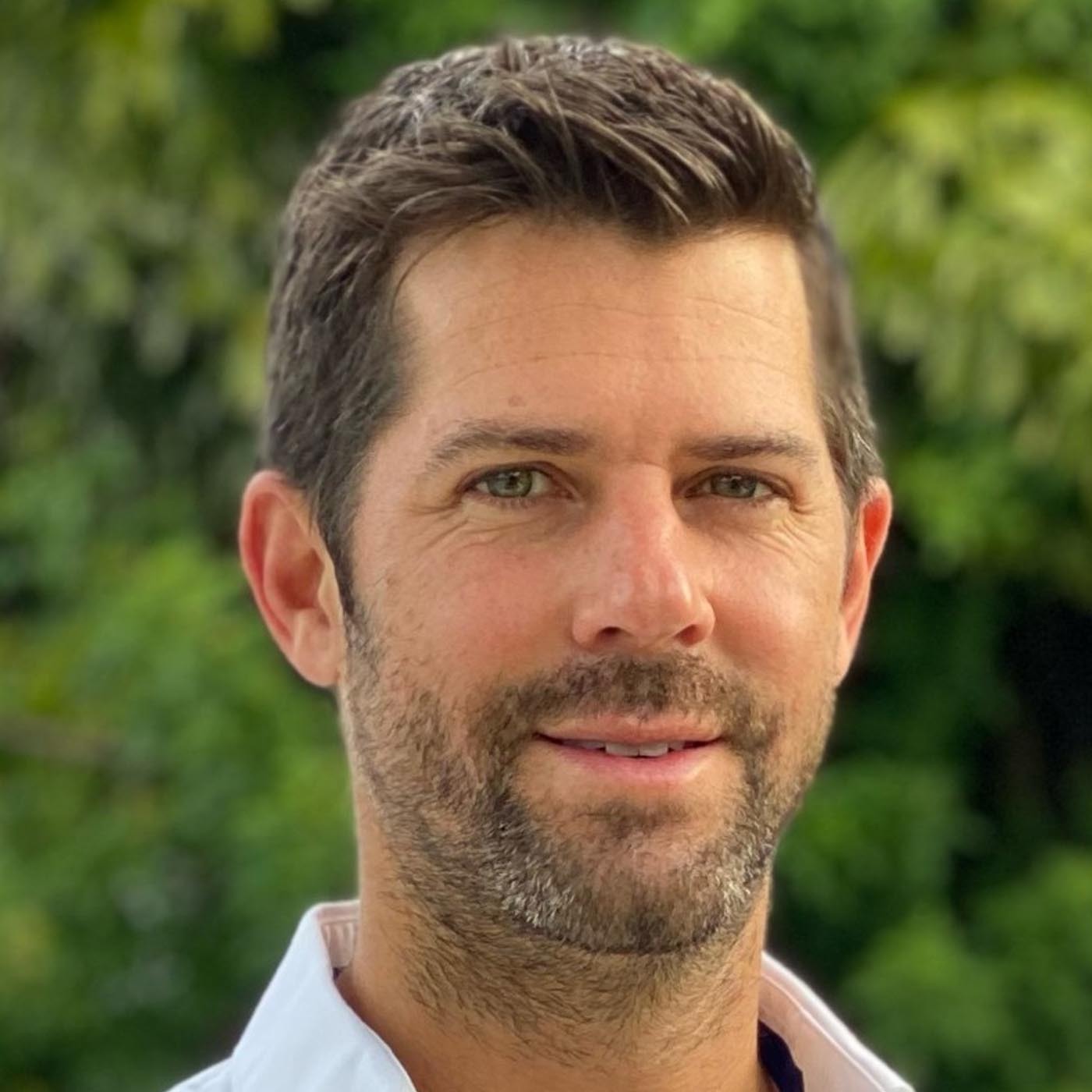

Alex Nemiroff took an unusual path to becoming the general counsel at Praxis Precision Medicines. Nemiroff’s son was diagnosed with a rare genetic epilepsy, and he co-founded the biotechnology company RogCon to develop an antisense oligonucleotide to treat it. Praxis licensed the project and hired Nemiroff as its general counsel. Now, the company has released encouraging data from the first four evaluable patients in a clinical study of the experimental therapy. We spoke to Nemiroff, general counsel at Praxis Precision Medicines, about his journey as a parent of a child with a rare, genetic disease; how he came to launch a biotechnology company to develop a treatment for his son, and what other patient families looking to advance a therapy can learn from his experience.
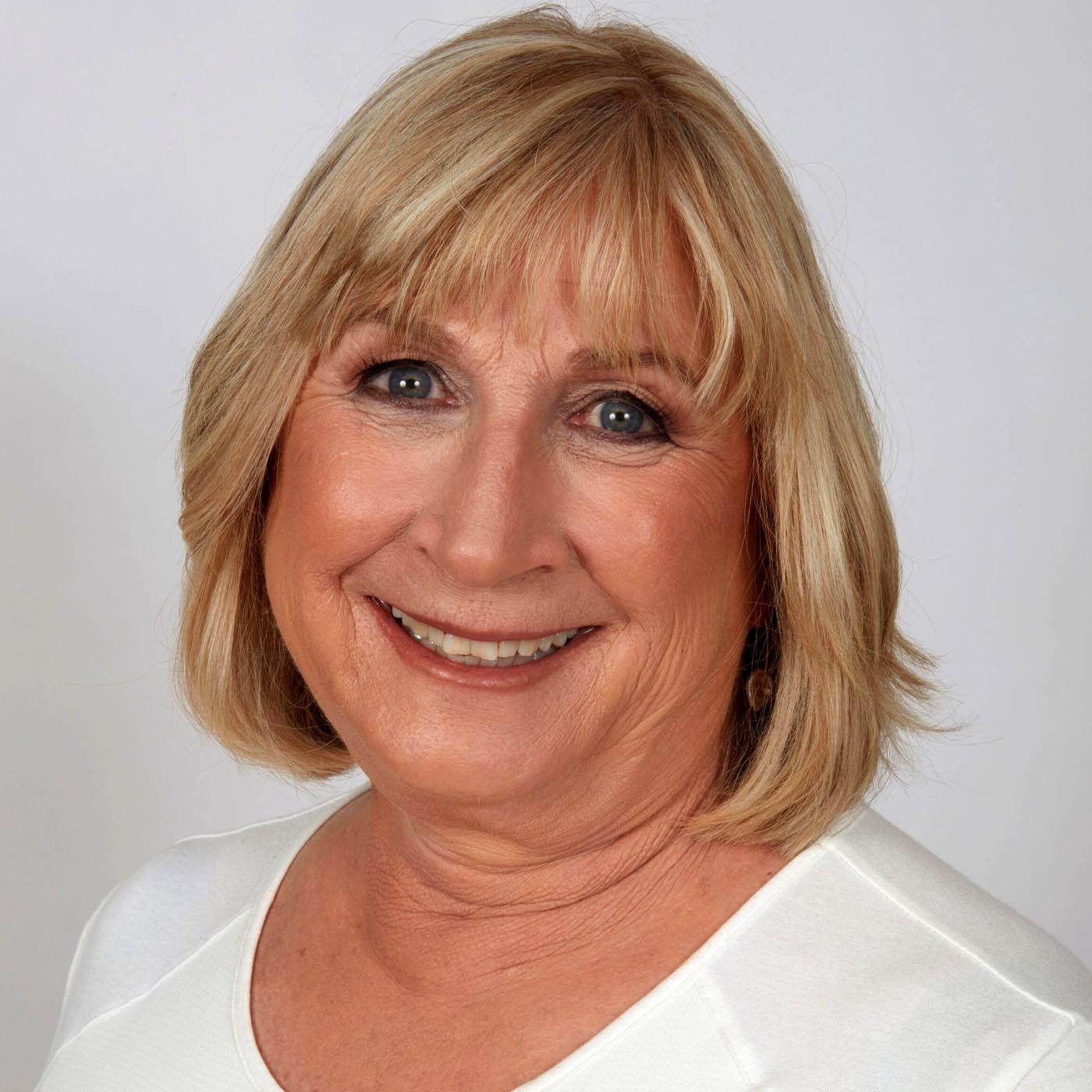

Pazopanib, a targeted therapy marketed as Votrient, is used to treat certain cancers. The drug has shown promise as a potential treatment for the rare genetic blood vessel disorder hereditary hemorrhagic telangiectasia (HHT), but when a change in ownership of the drug took place, efforts to develop the drug for HHT ended. That led the patient advocacy organization Cure HHT to step in and sponsor a phase 2/3 trial on its own. We spoke to Marianne Clancy, executive director and senior director of strategic partnerships for Cure HHT about the organization’s decision to sponsor a clinical trial, why it felt it was necessary to do, and what other patient organizations can learn from its experience.
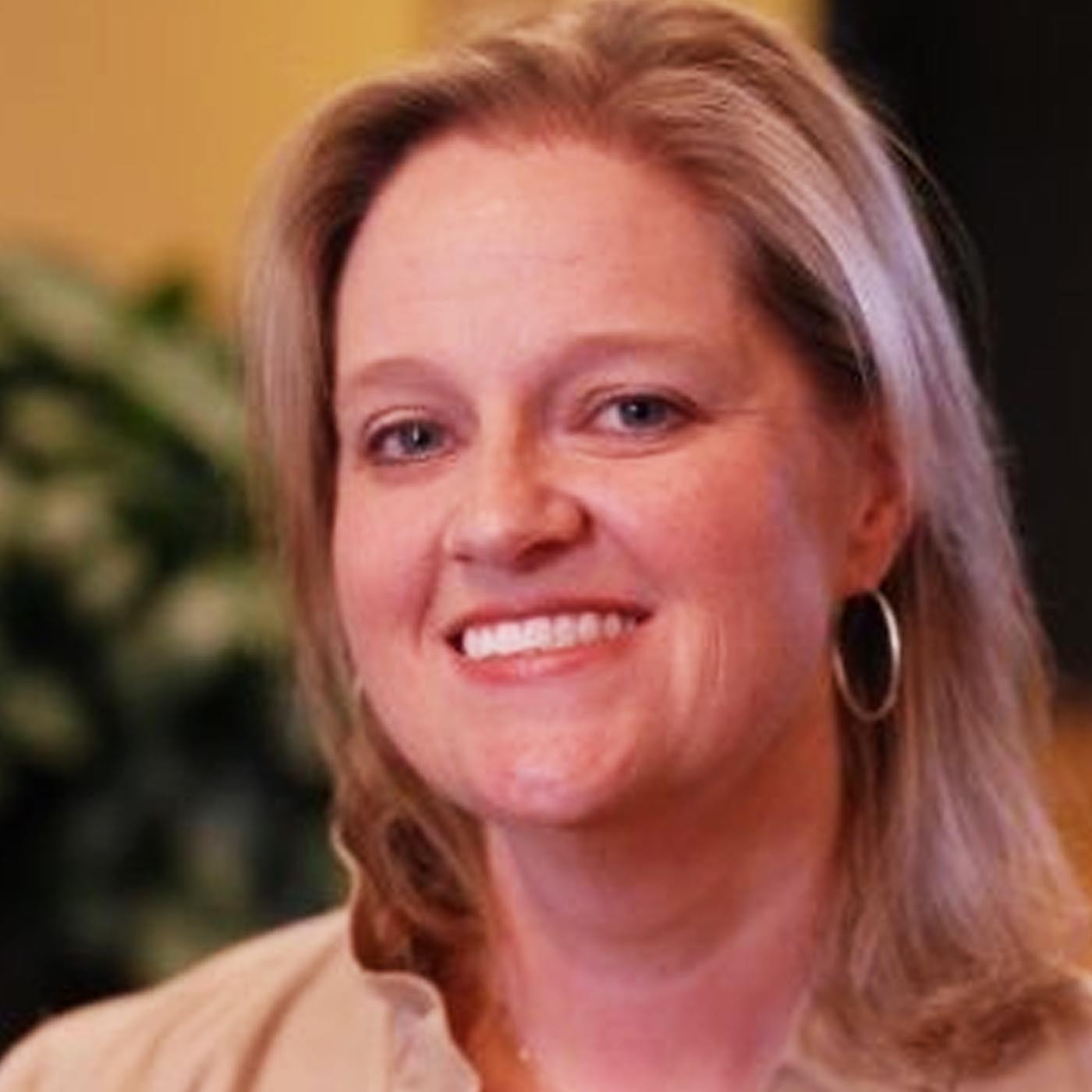

The economic impact of a delayed diagnosis of a rare disease can result in up to $517,000 in avoidable costs per patient, according to a recent analysis from the Everylife Foundation for Rare Diseases and the Lewin Group. On average, the report found, it takes more than six years and nearly 17 doctor visits, hospitalizations, and other health-related trips, to receive a rare disease diagnosis after symptoms begin. Shortening the diagnostic odyssey saves money for individuals, caregivers, and the healthcare system, while improving health outcomes. We spoke to Annie Kenndy, chief of policy, advocacy, and patient engagement for the Everylife foundation, about the diagnostic odyssey, the economic toll it takes, and what can be done to shorten the time to a diagnosis.
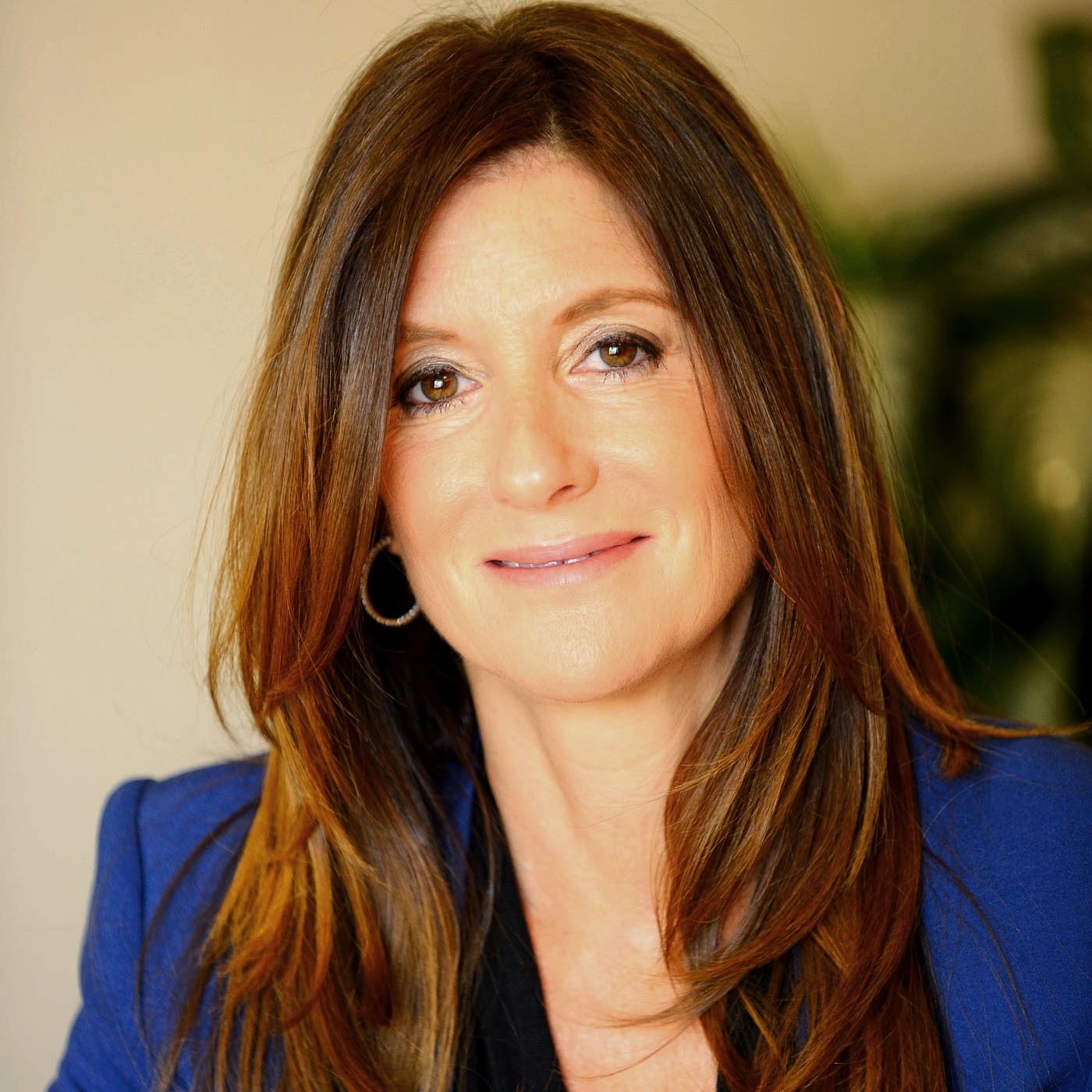

Duchenne muscular dystrophy is a rare neuromuscular disease that causes muscle degeneration and premature death. As the condition progresses, heart muscle cells die and are replaced with scar tissue. This leads to heart failure, which is currently the leading cause of death among people with Duchenne. Capricor Therapeutics is developing a therapy that uses caridosphere-derived cells from healthy human hearts to slow progression of the condition though their anti-inflammatory effects. We spoke to Linda Marban, CEO of Capricor Therapeutics, about Duchenne muscular dystrophy, the damage the condition does to the heart, and how the company’s experimental cell therapy modulates the immune system to control chronic inflammation caused by the disease.


While there have been significant advances in the treatment of the rare, neuromuscular condition spinal muscular atrophy, existing therapies that slow or halt progression of it don’t regenerate muscle that has been lost. Biohaven is developing a therapy designed to inhibit myostatin, a protein that regulates the growth of skeletal muscle growth. We spoke to Lindsey Lee Lair, Biohaven’s vice president of clinical development, about SMA, the progress we’ve seen in treating the condition, and the company’s efforts to develop a therapy to stimulate the growth of muscle mass and strength in people with the disease.
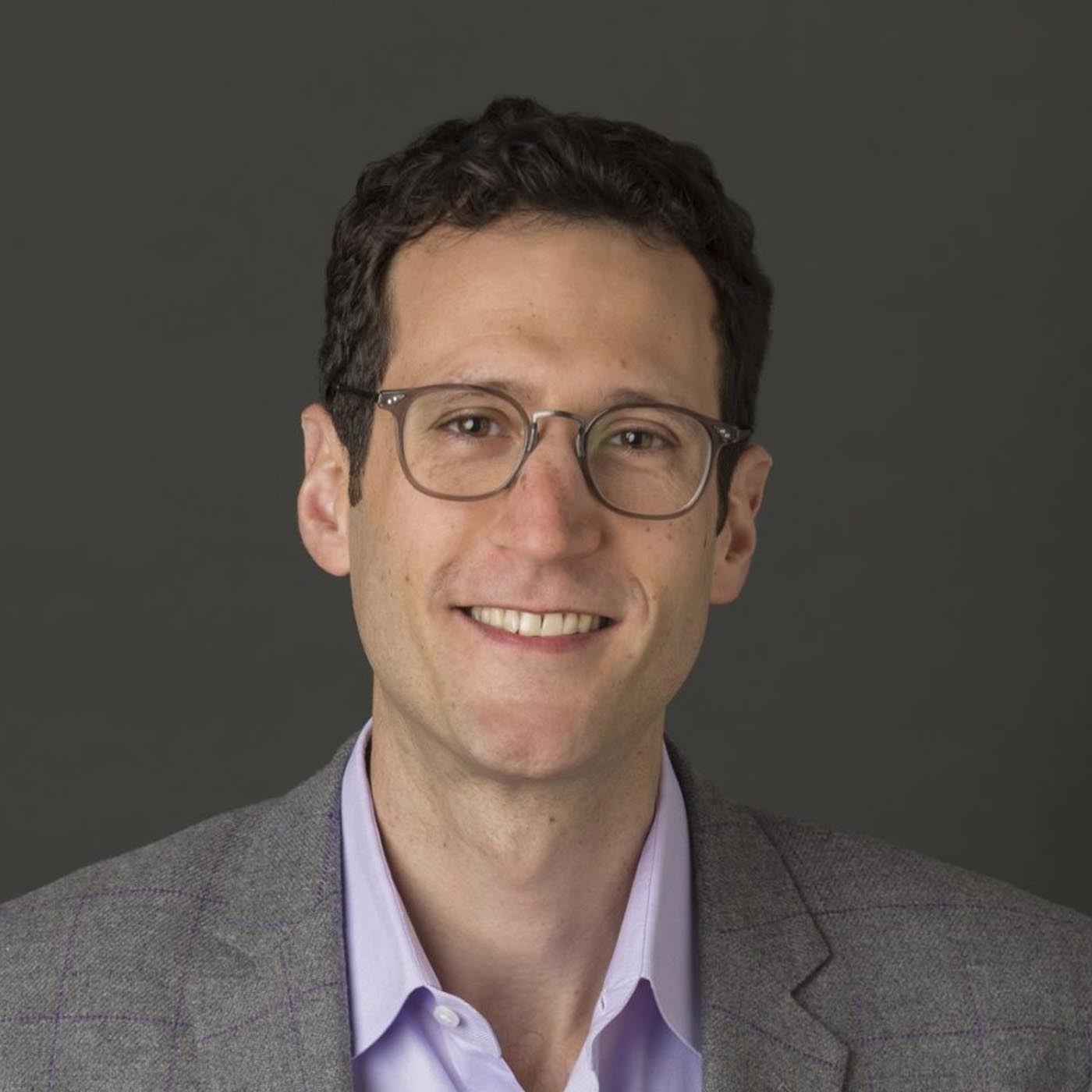

The Yaya Foundation recently achieved a milestone in advancing towards treatments for 4H leukodystrophy when it successfully developed a mouse model. It reflects a broader effort that has allowed the organization to drive towards the development of a gene therapy to treat the rare, neurodevelopmental. We spoke to Ron Garber, co-founder and board president of the Yaya Foundation, about 4H leukodystrophy, how the organization built a research agenda, and the rapid progress it has made.
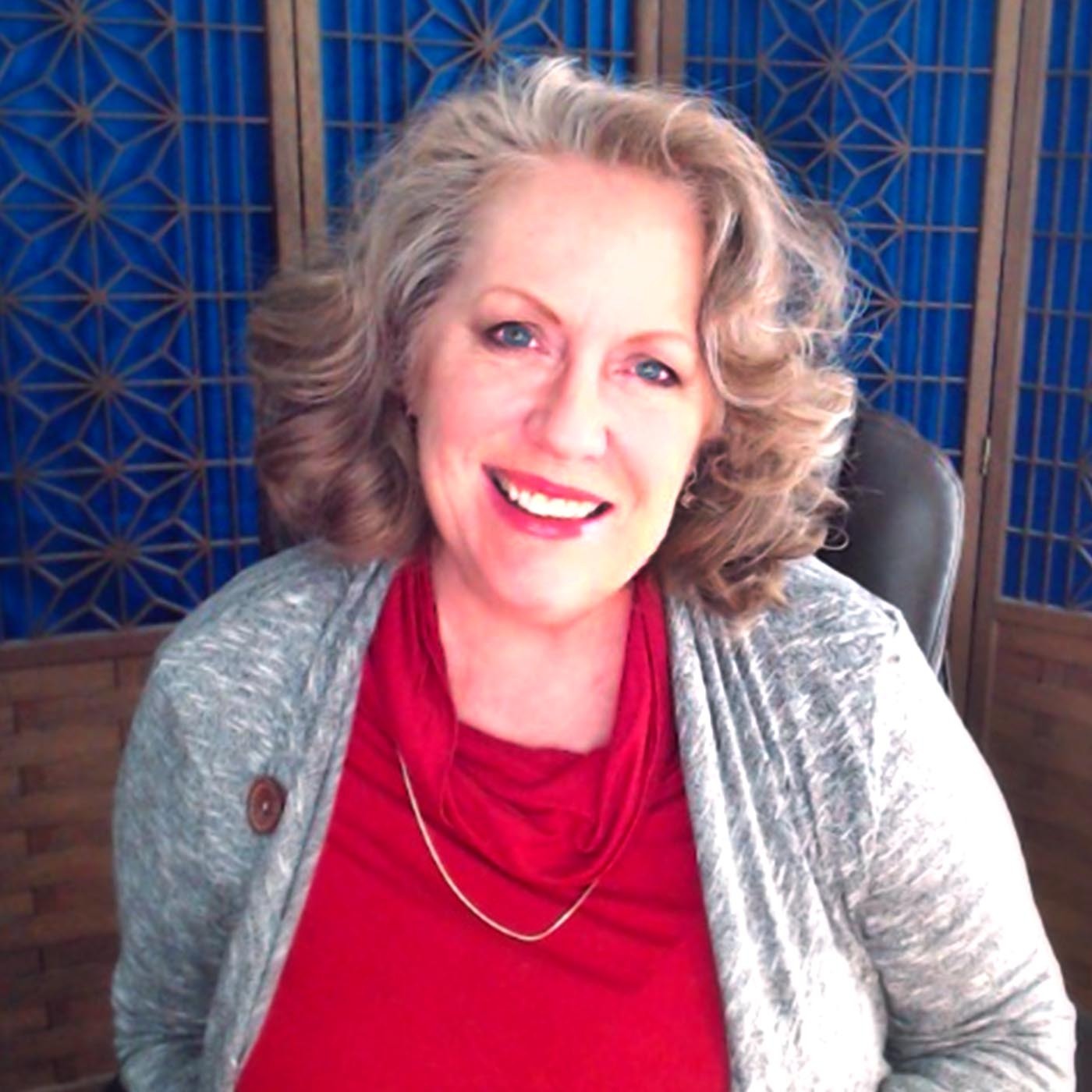

In 2021, the U.S. Food and Drug Administration notified Stealth Biotherapeutics it would not consider its application seeking approval for elamipretide as a treatment for the ultra-rare mitochondrial disease Barth syndrome. The agency wants the company to produce evidence of the drug’s efficacy in a larger population of Barth syndrome patients then it studied, but the company believes it has exhausted the population in the United States of patients who fit the clinical trial criteria. Patients have lobbied the agency to give the drug a hearing, but there is growing concern that if the FDA fails to act, elamipretide will become unavailable to patients, who say the drug has given them the ability to lead a normal life. In an effort to move the FDA, Shelley Bowen, co-founder and director of family services for the Barth Syndrome Foundation, launched a Change.org petition calling on the agency to give a full and fair hearing to the drug. We spoke to Bowen about Barth syndrome, the fight over approval for the first drug to treat the condition, and why it points to a systemic problem with the lack of consistent use of the flexibility Congress granted the FDA to get treatments to patients with ultra-rare diseases.
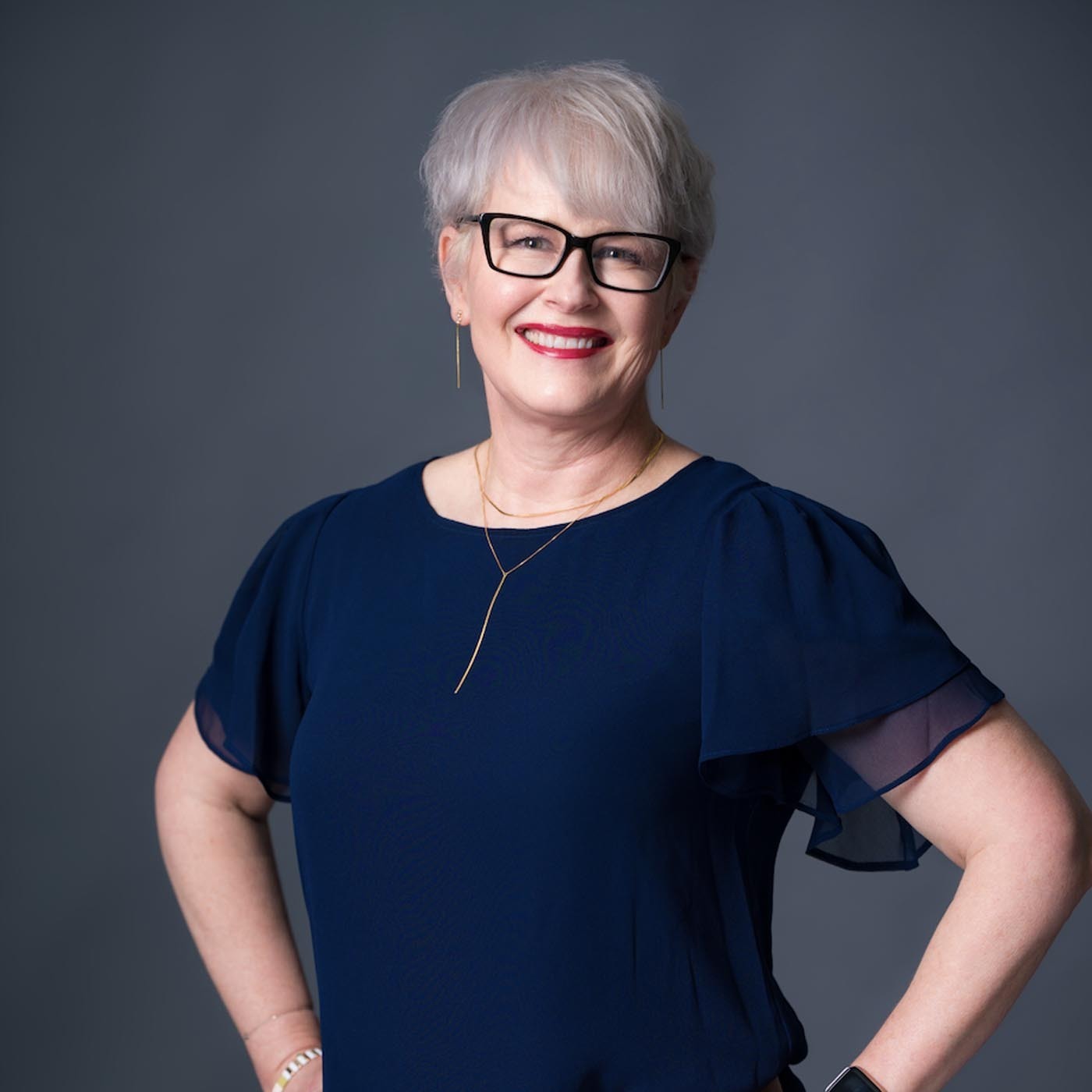

Scaling the production of biotherapeutics is challenging and requires more than just multiplying the ingredients in a recipe. That’s true for gene therapies as well where simply changing the nucleic acid of the payload can have dramatic effects on the product. Form Bio is seeking to address the challenges of making genetic medicines by leveraging AI to accelerate the development of cell and gene therapies. We spoke to Claire Aldridge, chief strategy officer for Form Bio, about the challenges of developing gene therapies, how Form’s AI platform can address that, and how it works grows out of tools that were developed to bring the wooly mammoth back from extinction.
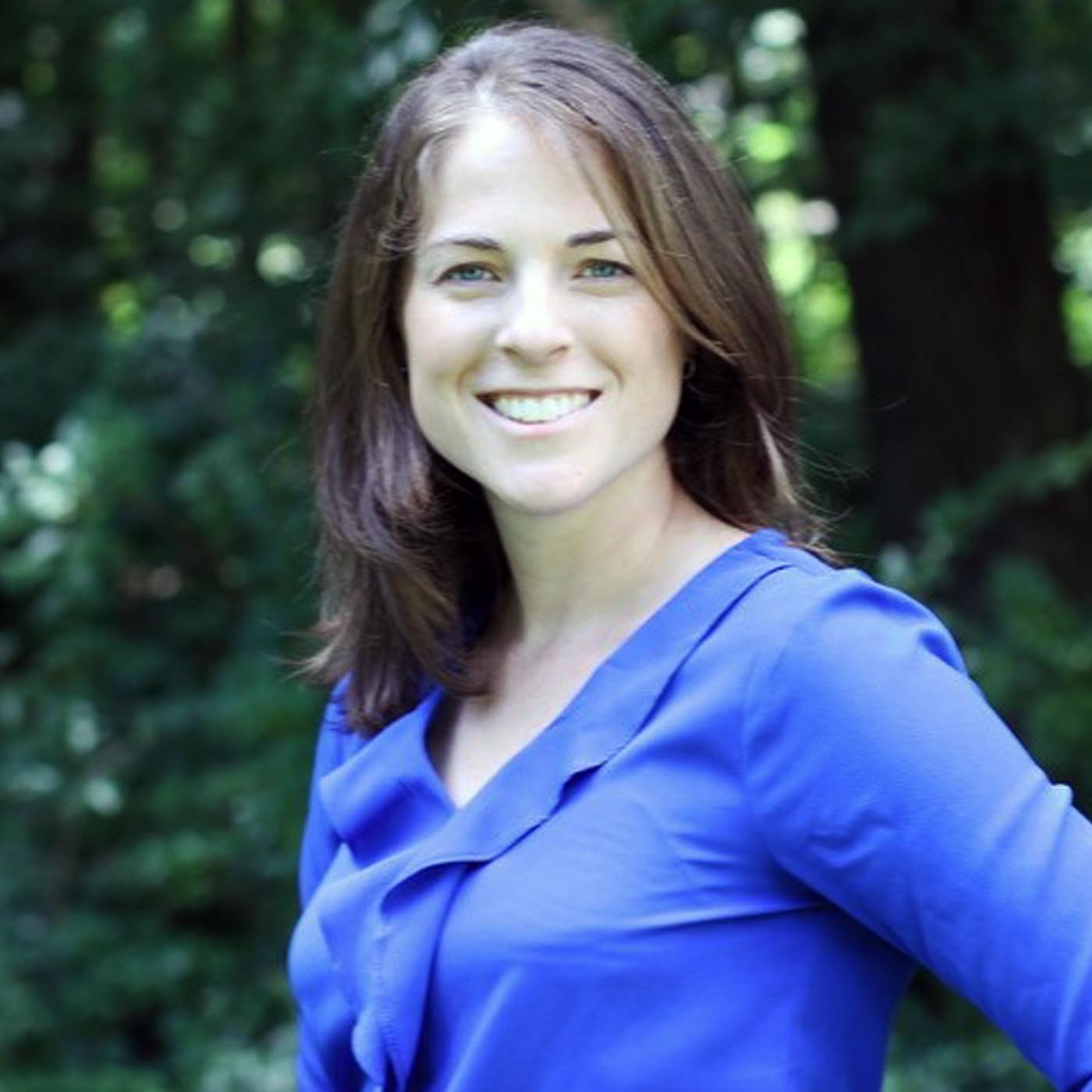

Finding a diagnosis for a child with a rare condition can be challenging, even when his mother is a genetic counselor. Danielle Bonadies’ son Ethan was born with a brown birthmark known as a café au lait spot. But as the spots proliferated over the next few months, his pediatrician recognized it as a potential sign of a rare, genetic disorder. It wasn’t until Ethan was 2 that genetic testing led to a formal diagnosis of neurofibromatosis type 1, a genetic condition that leads the development of tumors that can affect the brain, nerves, and spinal cord. We spoke to Bonadies about caring for a child with neurofibromatosis, how her professional and private lives have been thrust together because of her son’s diagnosis, and her evolution as a patient advocate.


Protein misfolding is an underlying issue for many diseases, including lysosomal storage disorders and some neurodegenerative conditions. When a protein misfolds, its three-dimensional structure is disrupted, and it can no longer function properly. Gain Therapeutics is using its AI-driven discovery platform to identify novel targets to fuel a pipeline of therapies that focus on enzymes involved in rare genetic diseases, but that also share genetic profiles with more prevalent ones. We spoke to Matthias Alder, CEO of Gain Therapeutics, about the role protein misfolding plays in a range of diseases, Gain’s platform technology, and its lead experimental therapy in development to treat Gaucher disease.


Antibodies play an important role in the protective immune response. In some situations, though, such as autoimmune diseases, antibodies can cause harm by attacking healthy tissue. Hansa Biopharma has developed an antibody-cleaving enzyme technology platform to target pathogenic antibodies involved in autoimmune disease, organ transplantation, and gene therapies. Its lead experimental therapy, imlifidase, is designed to inactivate immunoglobulin G antibodies through a single intravenous treatment. It is in development for a range of rare, immunological conditions including Guillain-Barre syndrome or anti-GBM disease and as a pre-treatment for various gene therapies. We spoke to Matthew Shaulis, chief commercial officer and U.S. president for Hansa Biopharma, about the company’s antibody-cleaving platform technology, how it works, and its range of potential uses.


Microglia are specialized immune cells in the central nervous system that act as sentinels to maintain healthy brain function. They protect the brain against processes that can ultimately lead to neurodegeneration. Vigil Neuroscience is developing precision medicines designed to target microglia and restore and enhance the performance of these cells when they fail to act as they should due to disease. The company’s lead program is in development as a treatment for ALSP, a rare, genetic, neurodegenerative condition. We spoke to Ivana Magovčević-Liebisch, president and CEO of Vigil Neuroscience, about the role of microglia, what happens to these cells in ALSP, and why the company’s approach can have implications for a range of rare and common neurodegenerative conditions.
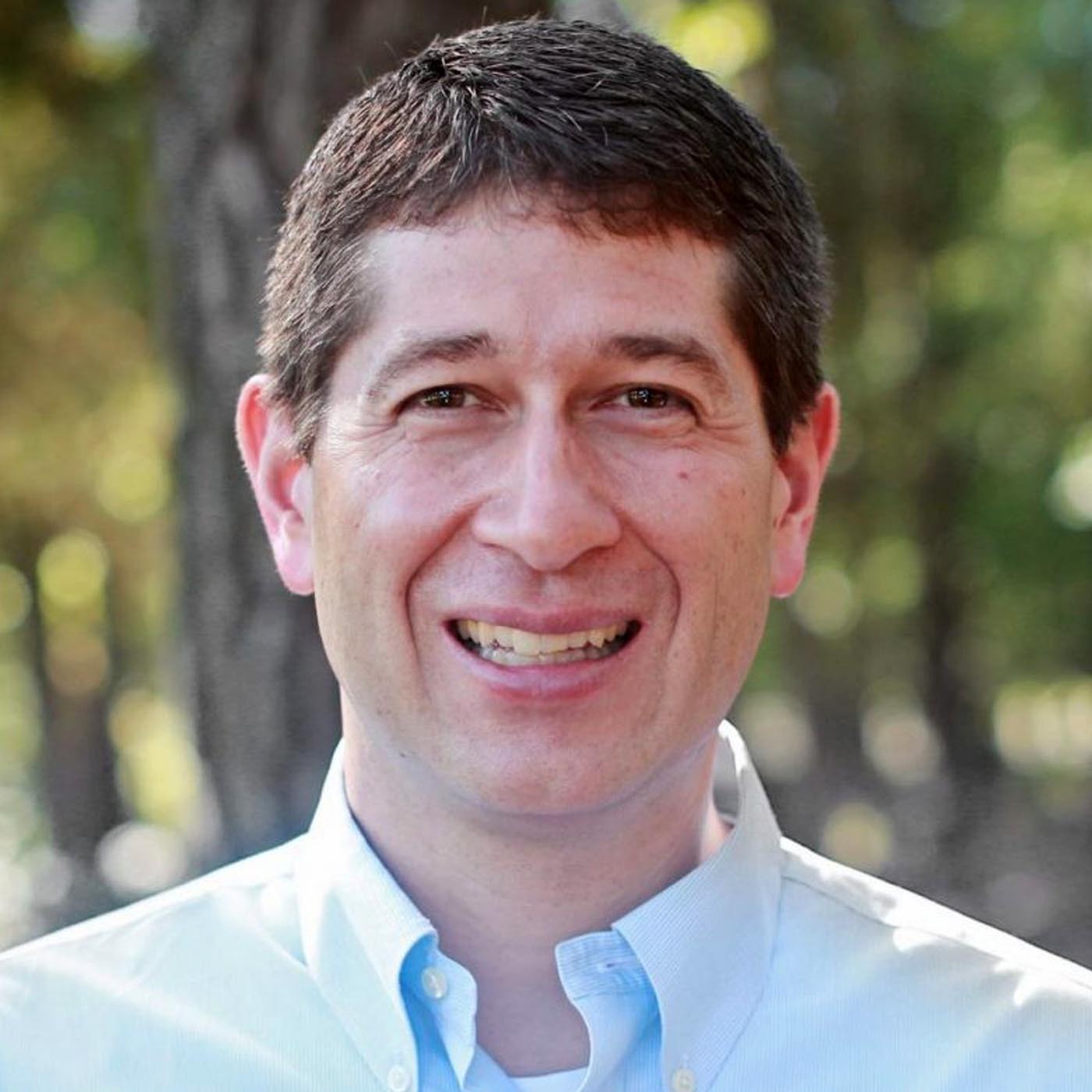

Cystic fibrosis is a rare disease that has been an area of significant innovation. New therapies have provided life-changing treatments for most patients, but about 10 percent of people with the condition don’t benefit from these treatments because of the specific mutations underlying their condition. We spoke to Jamie Chang, senior medical director at the contract research organization Rho, about the advances that have been made to treat cystic fibrosis, the treatment gap that remains, and what’s working its way through the pipeline that may change that.
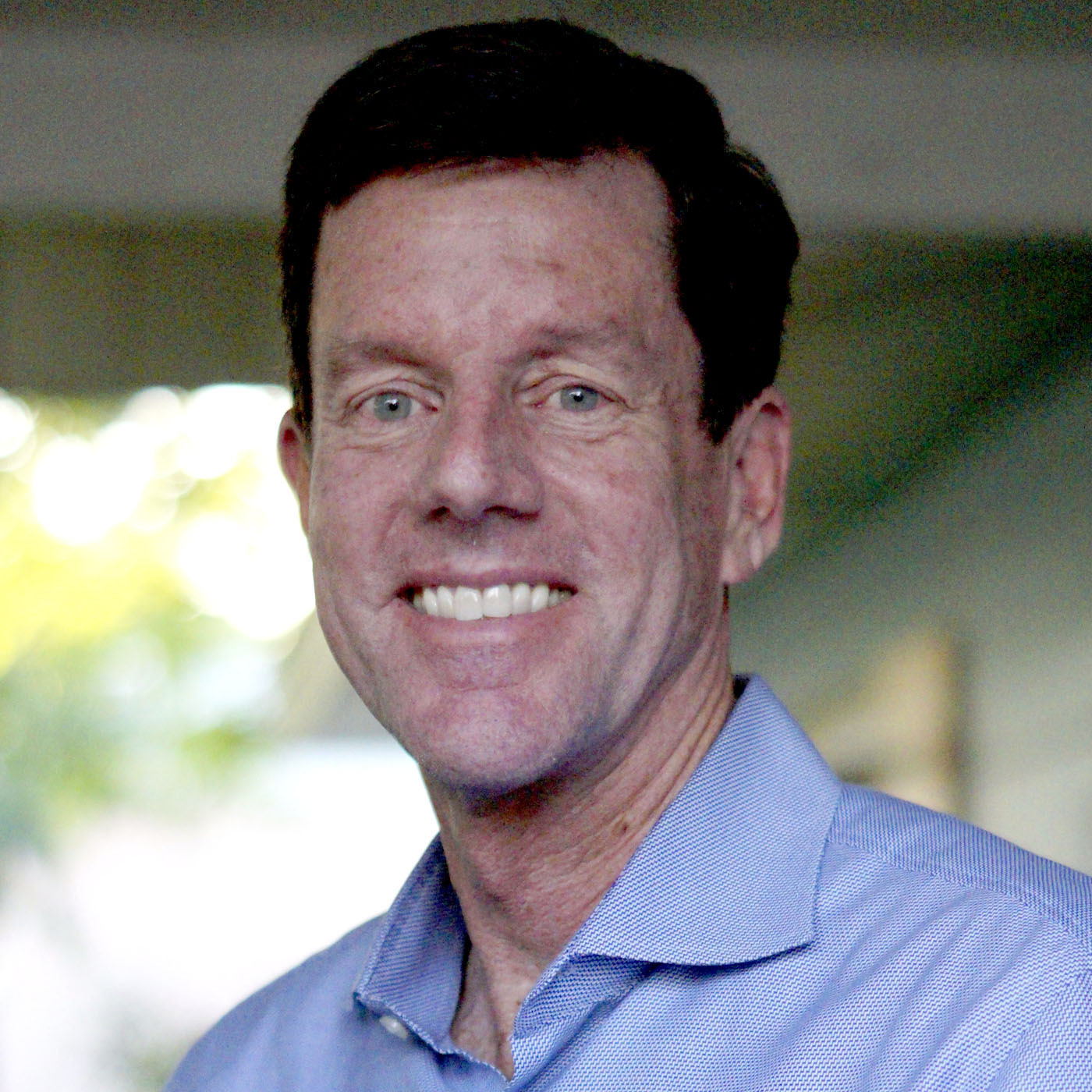

At 41, Bill Potts received a diagnosis of thyroid cancer. He listened to the recommendations from his primary care physician and didn’t seek out a second opinion. It was only six months later, during a follow up visit when his doctors wanted to repeat his treatment with radioactive iodine that he began to ask questions and started to advocate for himself. He now says he would likely be dead had he not sought out a second opinion at that time. He’s since learned a lot about advocating for himself with cancer as he’s been diagnosed six times with cancer. He’s taken what he’s learned from his experiences and written a guide for newly diagnosed cancer patients, family members, and caregivers. It provides not only critical advice on dealing with the mental aspects of the disease, but also lots of practical advice about navigating the healthcare system, insurance companies, and treatments that could only come from lived experience. We spoke to Potts about why it’s essential for patients to learn to advocate for themselves, how to navigate the mental and emotional aspects of the disease, and why it’s important to stay motivated and celebrate small achievements along the way.
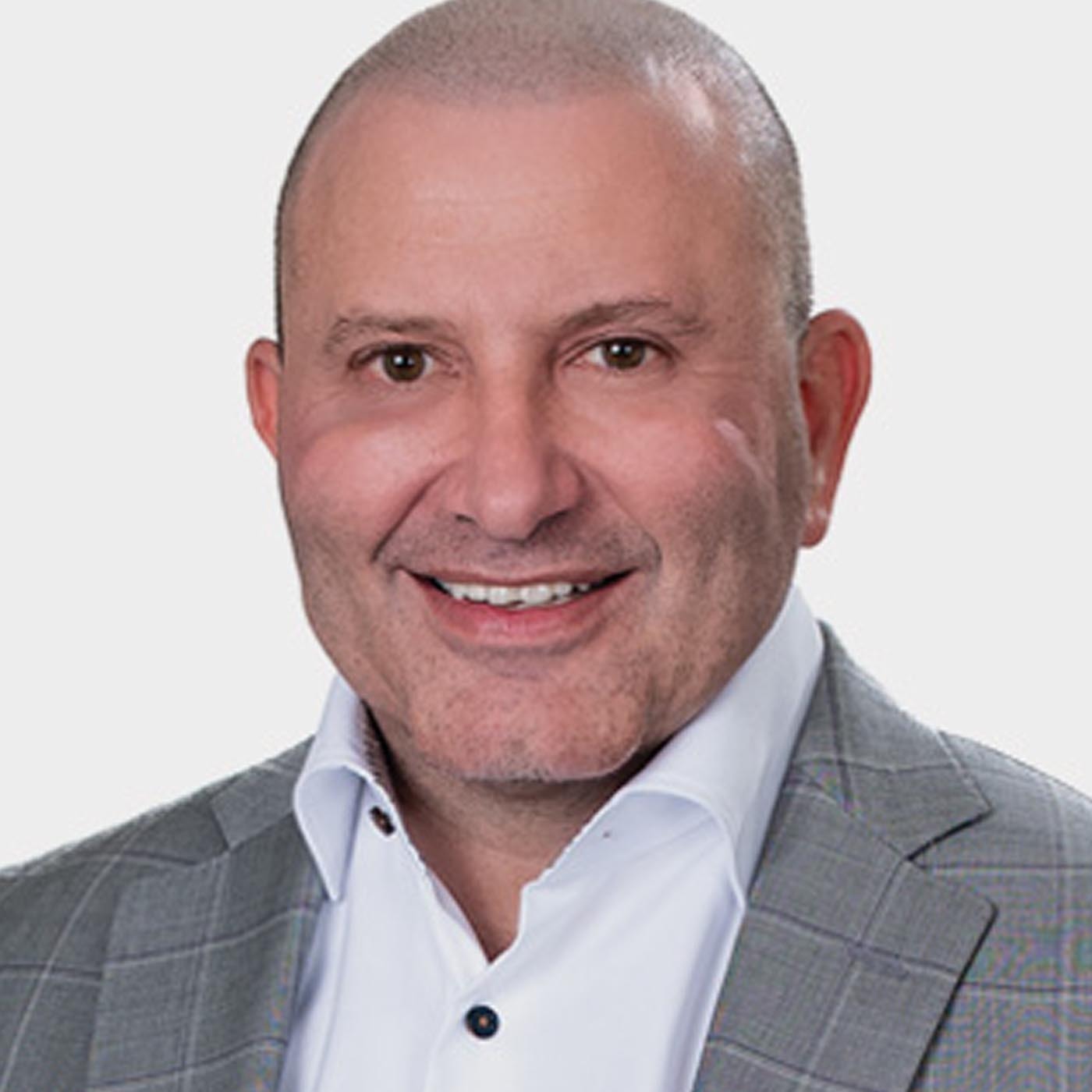

Regulatory T cells target systemic inflammation and neuroinflammation, but when they fail to function properly, they can drive serious health conditions including neurodegenerative, metabolic, and autoimmune diseases. Coya Therapeutics is developing a pipeline of therapies designed to restore the ability of Tregs to modulate the immune system and reduce inflammation. The company’s lead experimental therapy is a combination of two biologics designed to treat ALS by boosting anti-inflammatory Tregs while suppressing other immune cells that drive inflammation. We spoke to Howard Berman, chairman and CEO of Coya, about the role of inflammation in neurodegenerative conditions, Tregs, and the company’s experimental therapy to treat ALS.
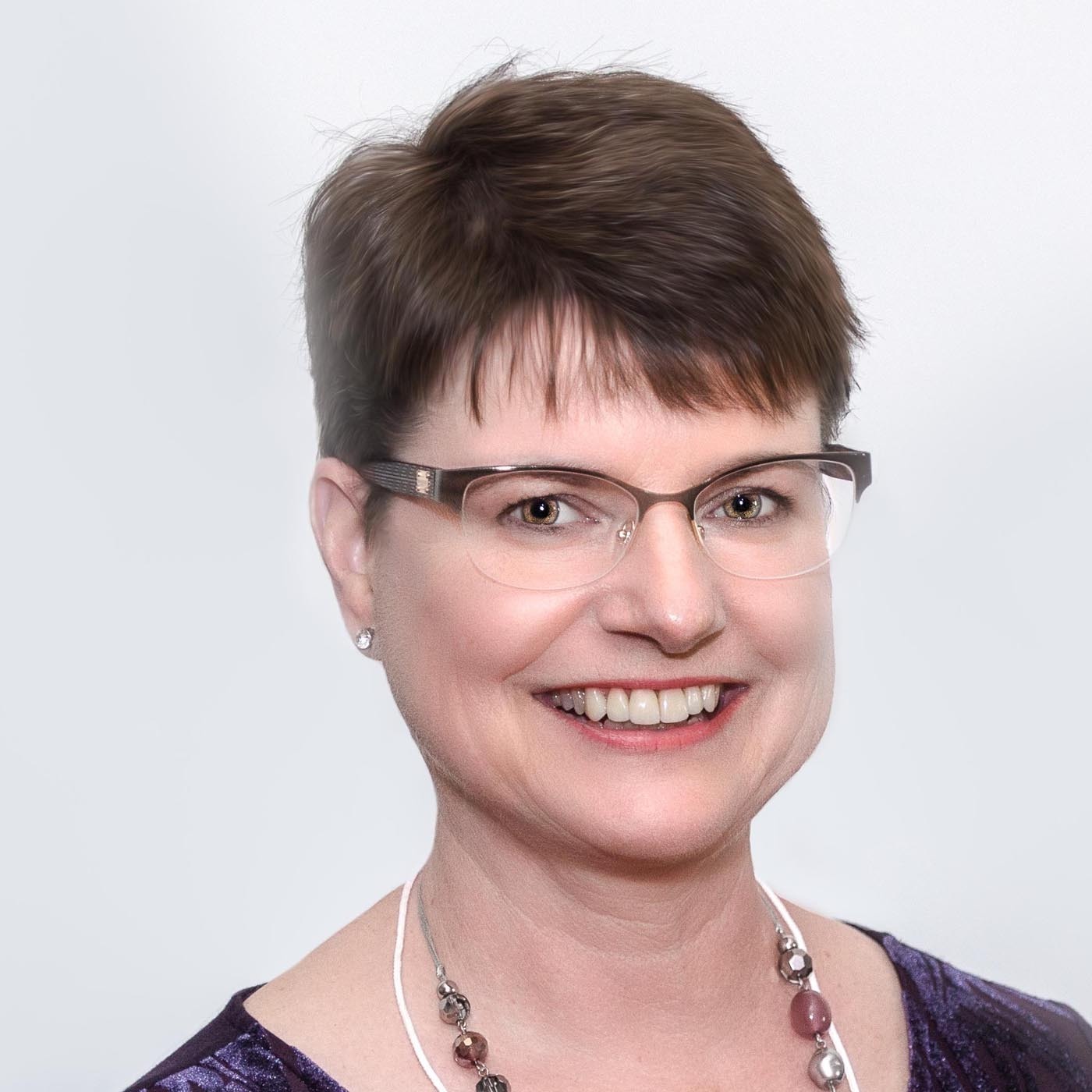

Cristóbal Baca and Ana Ortiz came to New Mexico in 1600. Today, they have as many as 5 million descendants. A four-year effort involving community volunteers and workers, medical professionals, researchers, and families across New Mexico unraveled what had been a long-standing medical mystery. It turns out Baca and Ortiz are the source of a founder mutation for cerebral cavernous malformation, a sometimes-hereditary illness that causes the development of abnormal blood vessels in the brain and spinal cord and is potentially fatal. Some 30,000 New Mexicans carry the mutation. We spoke to Connie Lee, president and CEO of the Alliance to Cure Cavernous Malformation, about the Baca Family Historical Project, how her organization leveraged partnerships with community leaders to identify people with the condition, and how the organization used a novel approach to engage people and improve their access to testing and care.


In June, the National Institutes of Health’s National Institute of Neurological Disorders and Stroke made a five-year, $22.8 million grant to a group led by The Jackson Laboratory to develop gene-editing therapies for four rare, neurological conditions. The use of a platform approach to develop therapies for multiple indications follows other efforts on going at the National Institutes of Health in the area of gene therapies. We spoke to Steve Murray, associate professor at The Jackson Laboratory, about the promise of gene-editing, the work being done under the grant, and why the work could have broad implications for treating rare genetic neurological conditions.
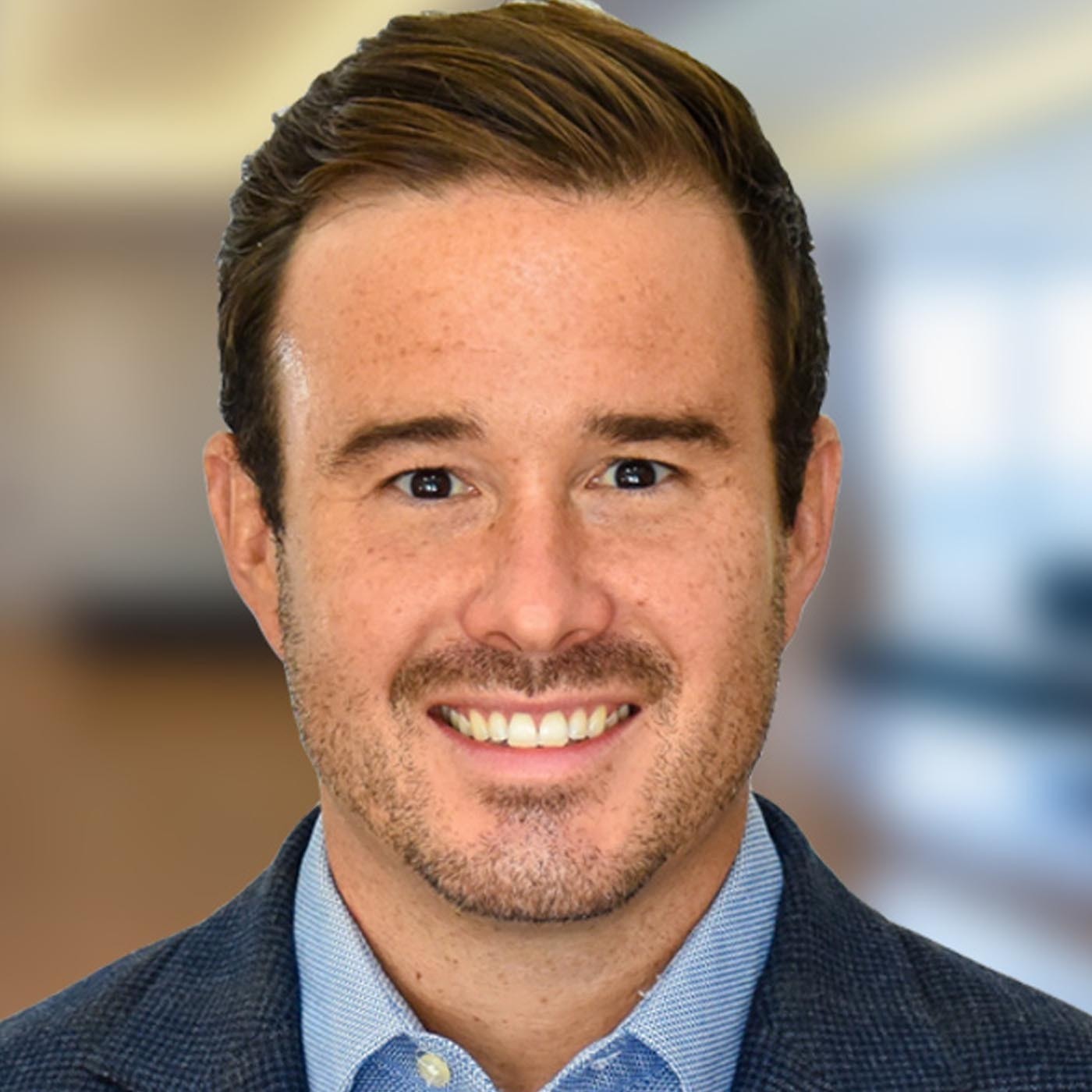

CDKL5 deficiency disorder (CDD) is a serious and rare, genetic condition characterized by early onset and difficult to control seizures, as well as severe neuro developmental impairment. Last year, the U.S. Food and Drug Administration approved Marinus Pharmaceuticals Ztalmy to treat seizures associated with CDD, the first FDA approved therapy for the condition. Marinus is seeking to expand the use of Ztalmy in other seizure disorders including tuberous sclerosis complex and Lennox-Gastaut syndrome. We spoke to Alex Aimetti, chief scientific officer of Marinus, about Ztalmy, how it works, and the efforts to expand its use to other seizure disorders.
